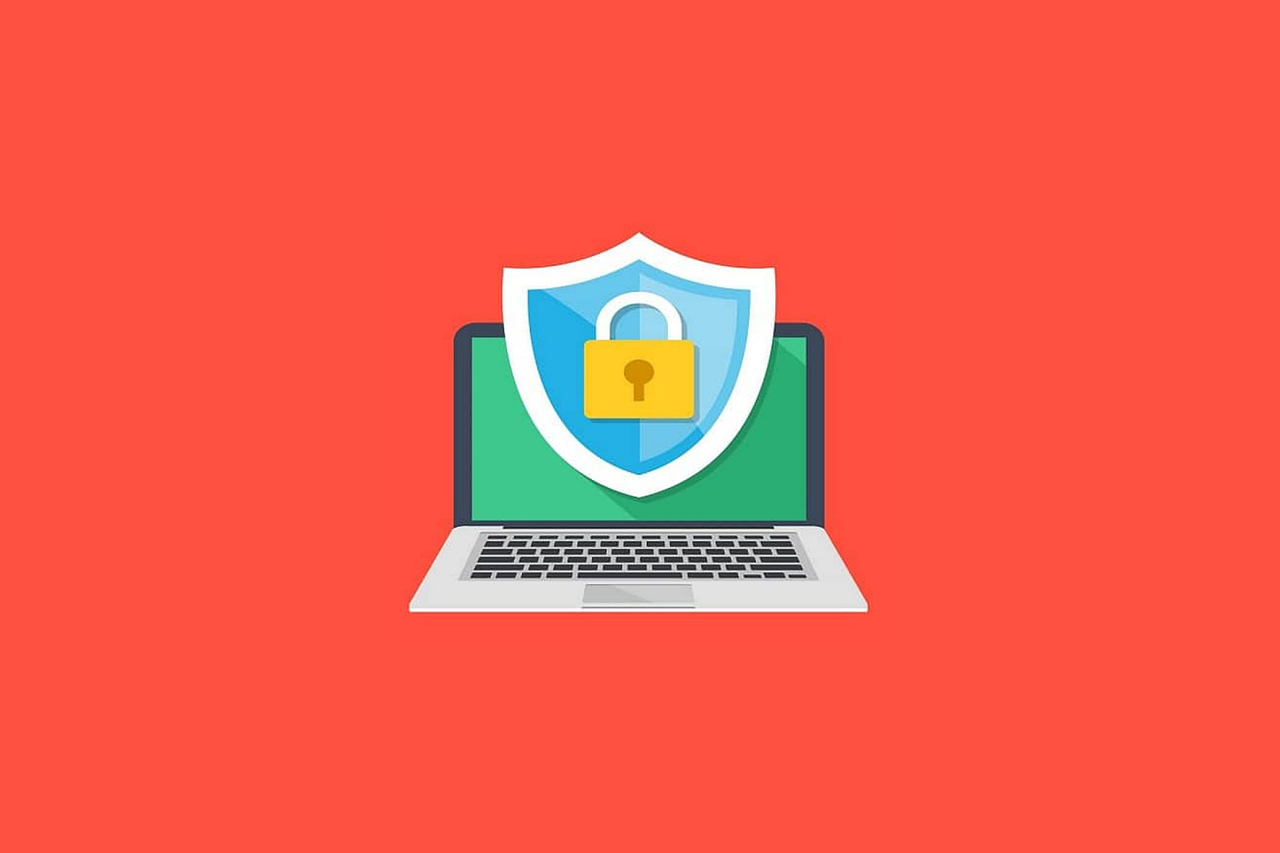At its core, cybersecurity is an accumulation of technology, processes, and practices designed around protecting your important data and network from unauthorized access.
As we continue to become a technology driven society, the need for understanding the importance of securing and protecting your information has never been more crucial. You have most likely heard about recent ransomware attacks or unauthorized hacking into networks, but most people don’t understand the true nature of a cybersecurity attack until it puts them out of business, literally.
Think about all of the technology driven and online activities that are part of our daily lives: online social media platforms, online email systems, cloud storage of pictures and contacts, online banking, online bill pay, online purchases, etc. All of these interactions require you to enter personal and private data that is being stored in an online system or database. When these systems get hit with a ransomware or cybersecurity attack, not only does that platform become out of commission, but your personal information becomes accessible by the “dark web” and hackers.
While there is no full proof way to stay 100% safe on the internet these days, here are 10 basic tips to staying safe online:
- Keep your personal information limited
- Utilize privacy settings to control access to your data
- Practice safe online browsing
- Utilize a secure network whenever possible
- Be aware of what you click on or download
- Utilize strong passwords for your accounts
- Don’t make online purchases from questionable or non-secure sites
- Be aware of what you post online for the world to see
- Be aware of who you are talking to online
- Secure your computer with antivirus and Backup your data, Always!
The internet and online sites are a great collection of resources and networks at your fingertips, literally, but with that comes the dangers of exposure. Just as you put your seatbelt on when driving, utilize these tools as your seatbelt when surfing the web.




